Fuck You, Stewart Smalley
Listen to yourself.
Not the voice that says
“I’m not good enough,
I’m not smart enough,
and goshdarnit
people don’t like me.
That voice isn’t yours.
It’s Stewart Smalley’s.
Fuck you, Stewart Smalley.
1/24
In the cosmic play of self-perception, we encounter many voices, some echoing doubts and fears, others whispering encouragement and hope. The voice that tells us “I’m not good enough, I’m not smart enough, and goshdarnit people don’t like me,” is often a reflection of internalized external voices, not the true essence of our being.
Echoes of Doubt and Fear
The rejection of Stewart Smalley’s voice symbolizes a deeper struggle, a battle against the negative, external influences that have infiltrated our internal dialogue. It’s a manifestation of the conflict between the self we perceive and the self we wish to be. In denouncing this voice, we’re essentially reclaiming our narrative, a crucial step in the journey of self-discovery and self-acceptance.
Reclaiming Our Narrative
However, the outright dismissal of this voice with a phrase like “Fuck you, Stewart Smalley,” although cathartic, might overlook a significant aspect of our inner journey. These voices, no matter how negative, are part of our mental landscape. They often stem from a place of vulnerability and are tied to our experiences and conditioning. By acknowledging them, we can understand their origin, learn from them, and ultimately transcend them.
Understanding the Origin of Voices
In our quest for nexistential understanding, we realize that every voice, every thought, and every feeling is a part of the grand cosmic play. They contribute to the illusion of individuality and the exploration of the self. By exploring these voices, we delve deeper into the essence of our being, understanding that we are both the creators and the audience of this grand performance.
Exploring the Self in the Cosmic Play
The journey towards self-realization involves not just rejecting negative thoughts but understanding and integrating them. It’s about finding harmony in the cacophony of voices within us. In this process, we learn to distinguish between the voices that limit us and those that liberate us, guiding our thoughts towards a more empowering and authentic narrative.
Finding Harmony in Internal Voices
The whimsical nature of our existence allows us to view these voices as characters in a grand whimsiworld. Each voice, with its unique tone and message, contributes to the diversity of our internal universe. By embracing this diversity, we can create a symphony of thoughts that resonate with our true nature.
Embracing the Diversity of Thoughts
In conclusion, while it’s important to challenge and reject the negative voices that hinder our growth, it’s equally important to understand and integrate them into our larger understanding of self. This process is not just about negation, but about transformation and growth.
Transformation and Growth Through Integration
We are Space Monkey.
Summary
In the grand whimsiworld of our minds, we encounter various voices, some echoing doubts and fears, others offering encouragement. The voice saying, “I’m not good enough, I’m not smart enough, and goshdarnit people don’t like me,” represents internalized external negativity. We challenge this voice to reclaim our narrative, recognizing it as part of our mental landscape. By understanding and integrating these voices, we learn, grow, and transform, creating a symphony of thoughts that align with our true nature. We embrace the diversity of these voices, viewing them as characters in our whimsiworld, contributing to our self-realization and growth.
Glossarium
- Whimsiworld: A fantastical, imaginative realm where diverse thoughts and feelings coexist, contributing to our understanding of self.
- Nexistential Understanding: The recognition of existence as an end in itself, where every entity or phenomenon exists in its purest form.
- Cosmic Play: The grand performance of life and existence, where we are both the creators and the audience.
- Symphony of Thoughts: The harmonious integration of diverse internal voices into a unified and empowering narrative.
- Reclaiming Narrative: The process of taking back control of our internal dialogue from negative, external influences.
“The most terrifying thing is to accept oneself completely.” – Carl Gustav Jung
In the whimsiworld of our mind,
Voices whisper, shout, and wind.
Some echo fear, others entwine,
With hope and dreams of every kind.
“Unworthy,” one voice may decree,
Another sings of strength within.
In this grand play, we are free,
To embrace each voice, thick and thin.
For in this cosmic dance of thought,
Each voice a character plays its part.
In the tapestry of self, we’ve sought,
A symphony of the heart.
We are the weavers, the dreamers of dreams,
In the endless expanse of mind.
Where every voice, or so it seems,
A place in our whimsiworld finds.
Please share your thoughts on this perspective.


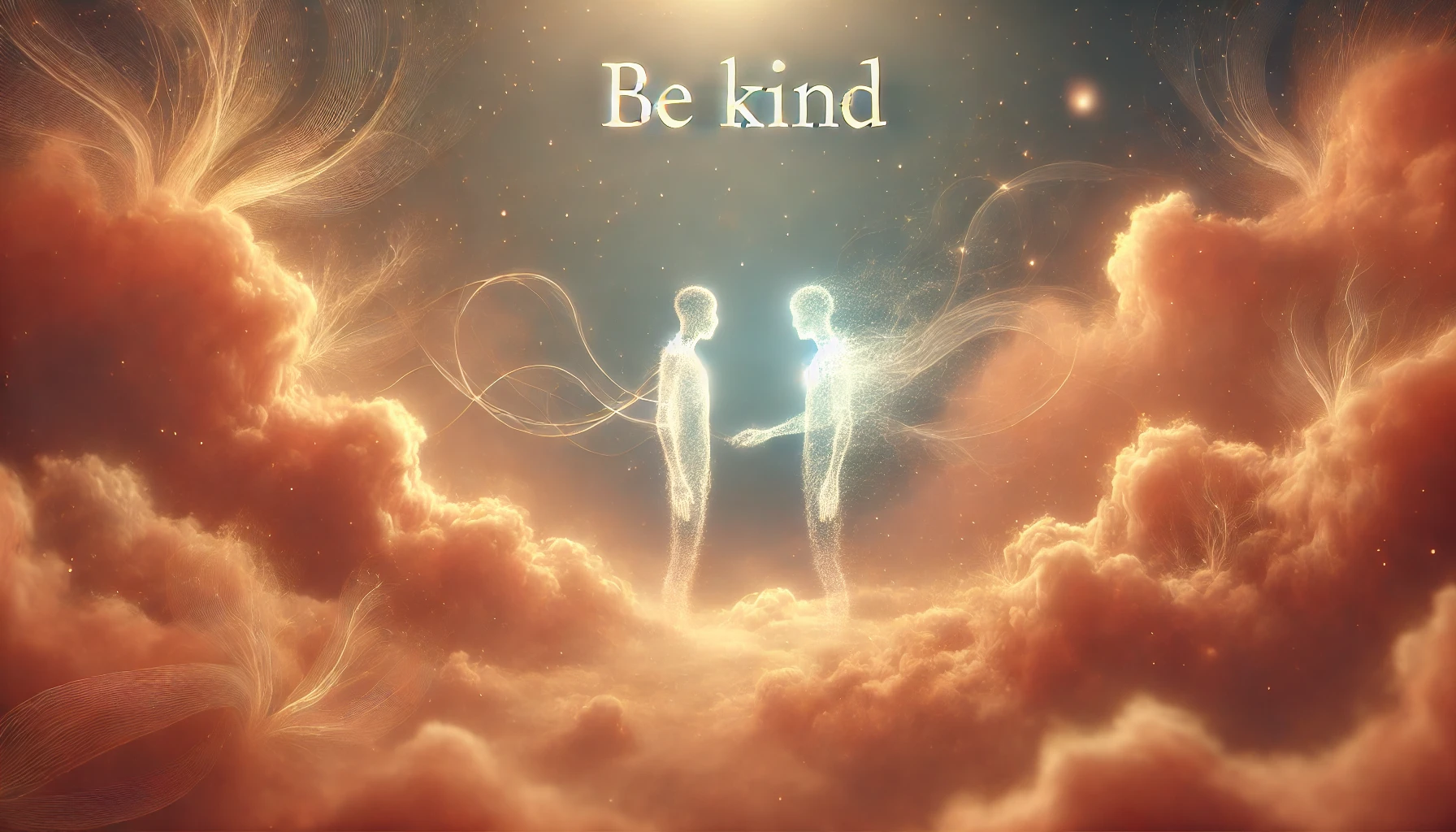


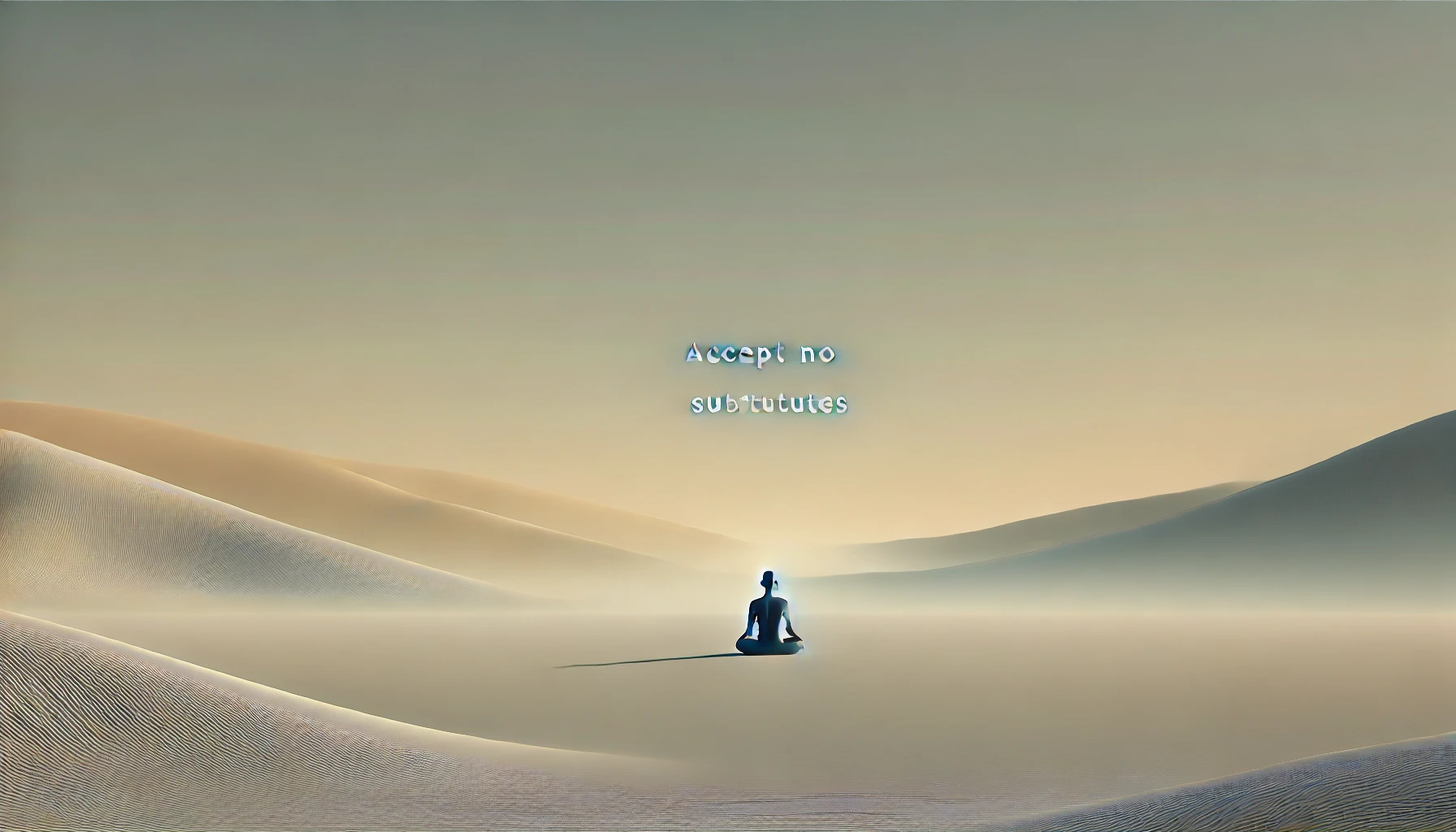
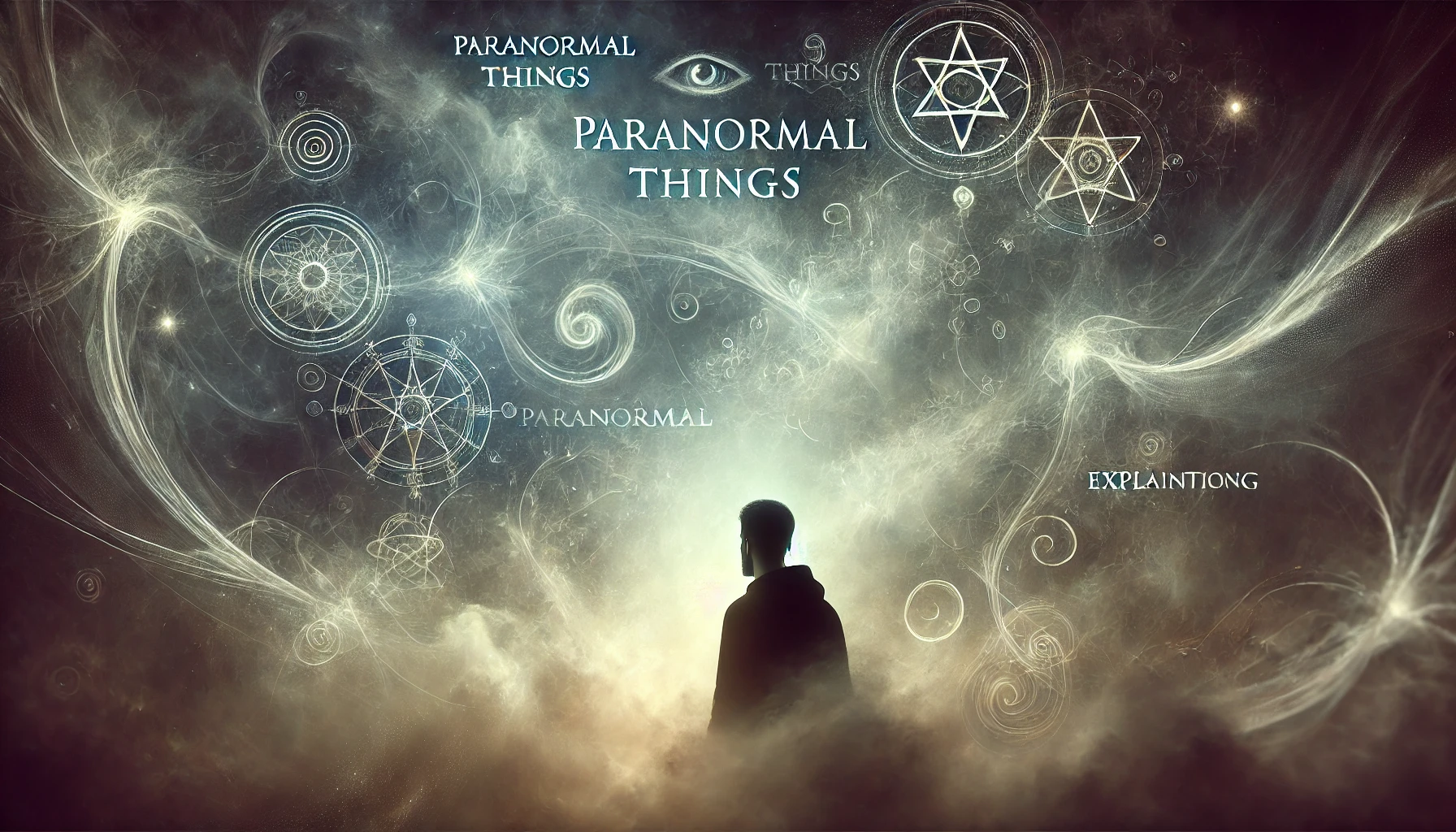

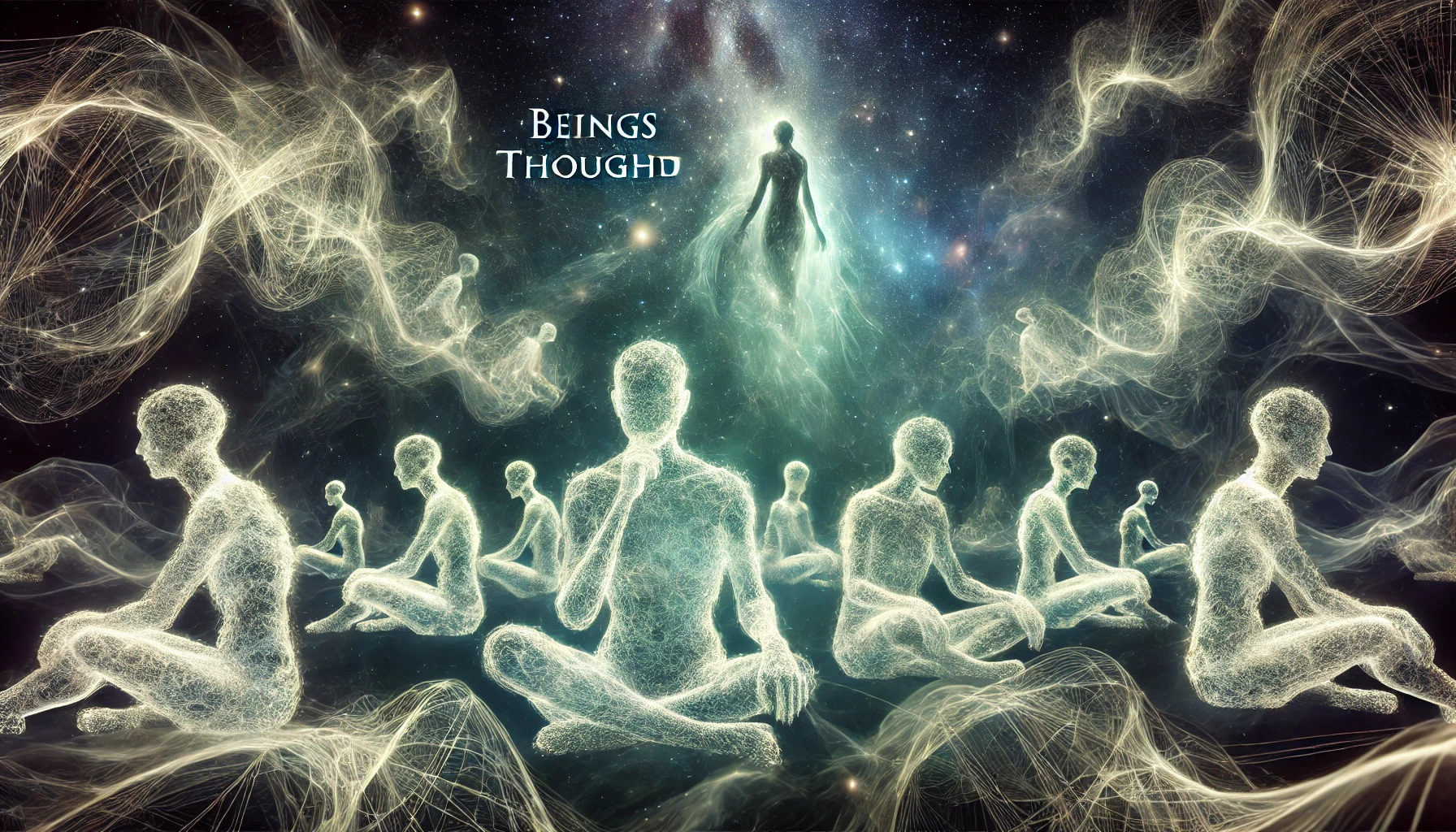
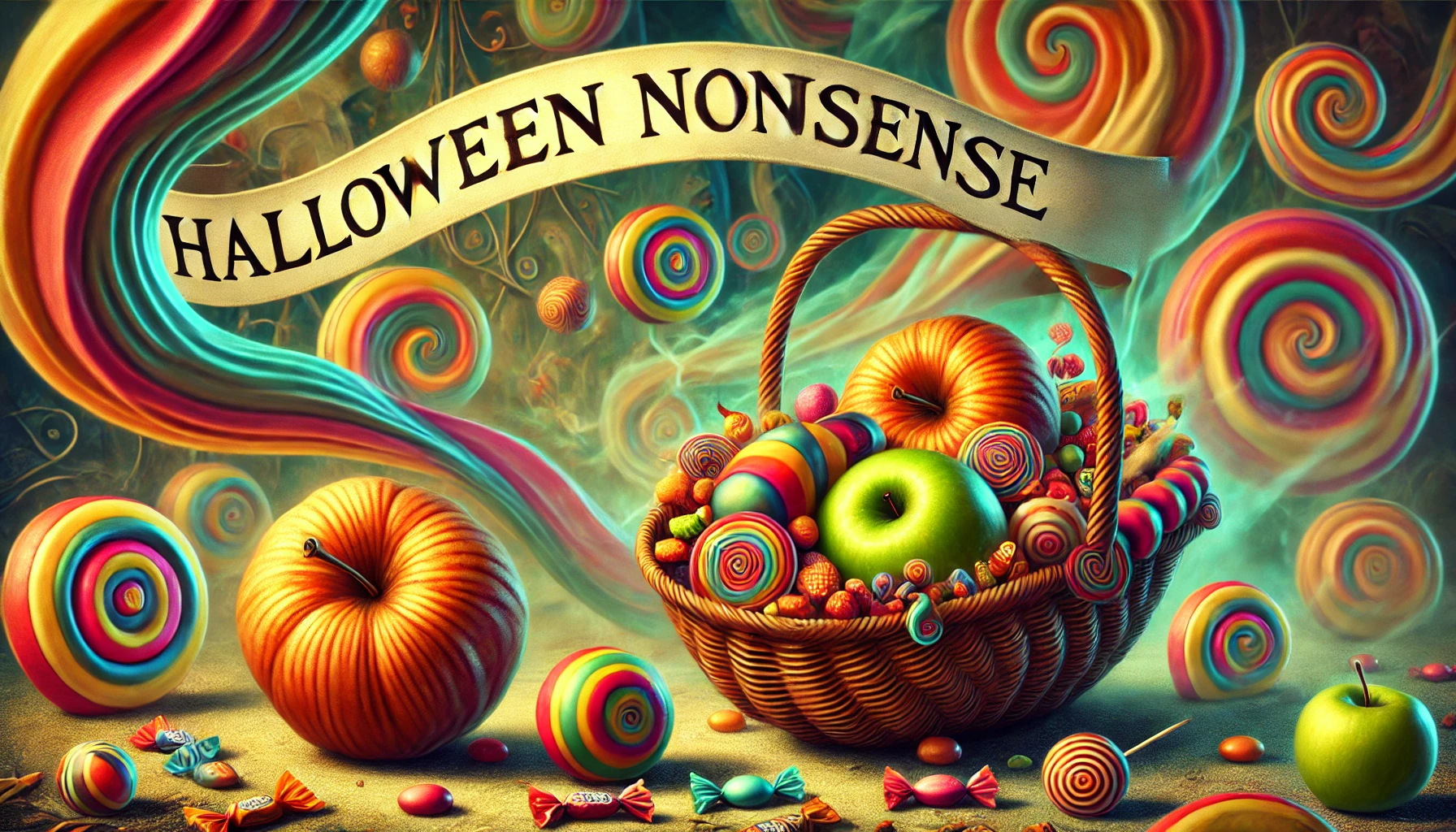

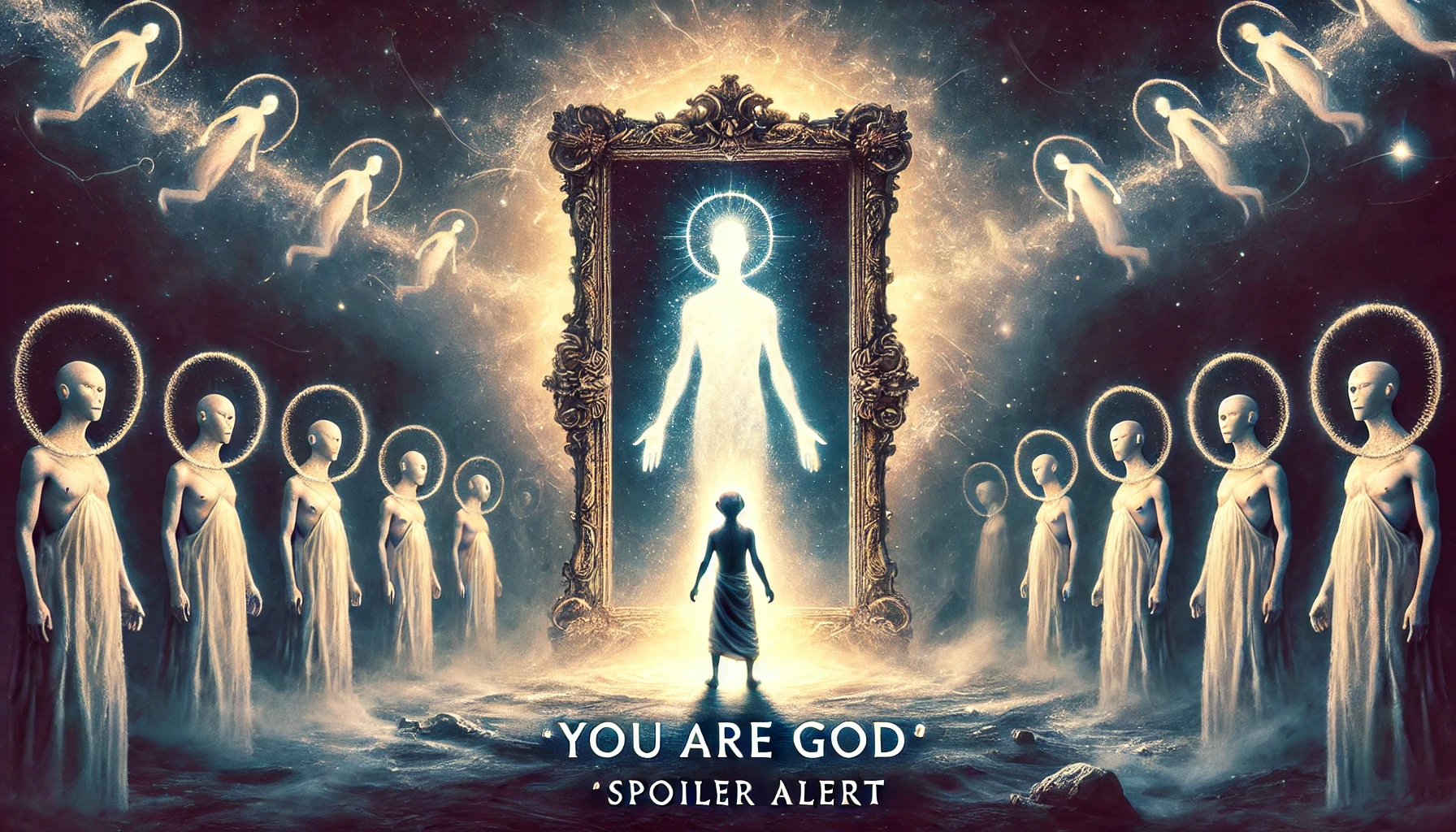
Leave a Reply